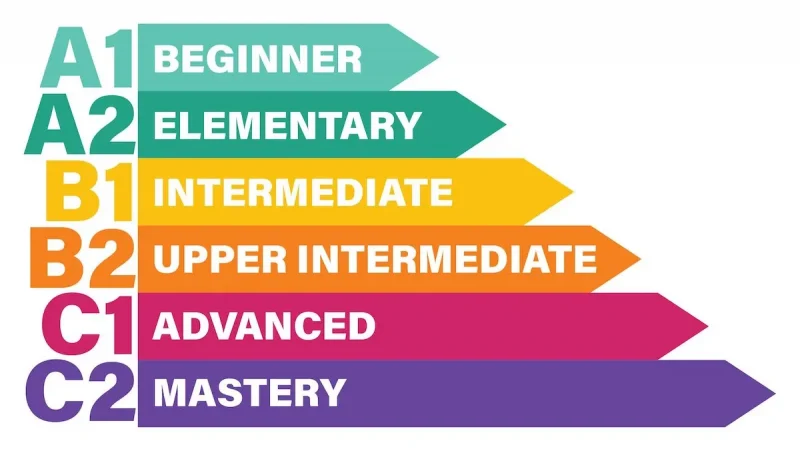In this article, we will talk about how to improve English listening skills for non-native English speakers. We understand that learning English is not easy and convenient, therefore, we’ll share 3 keys on how to improve your English listening skills!

Key #1: Expand your sources to improve your English listening skills
Download English resources such as podcasts and audiobooks to your phone. Podcasts are audio shows (English conversations) which you can download from the Internet for free. You can find podcasts by searching for for “podcast app” on the app store. Podcasts and audiobooks are also available on Apple Music and Spotify. You can also check out Youtube, Ted talk, movies, and other TV shows for their English-speaking videos; the most you listen, the faster your English listening skills will grow. The aforementioned methods are considered as passive listening, making your learning more immersive and helping your brain get used to the sound and rhythm of English itself.

Key #2: Practice active listening in English’s conversations
Active Listening is completely different from passive listening. Active listening allows you to engage with the speaker. During a two-way conversation, you talk, then they talk, and it continues in this way, back and forth. To practice active listening, you could:
- Use verbal signals to show that you are paying attention, that you have grasped what they are saying, and that you agree or relate to them.
- Ask follow-up questions, which allows you for clarification and more active learning.
- Repeat what you heard to the individual you are having a conversation with, . This signals to the speaker that you are paying attention and assists you to analyze and comprehend what they are saying out loud.
- Pay attention to the pronunciation of words and phrases, as well as the speaker’s intonation and accent.
- Take note of not only what the speaker is saying, but also what they may be thinking and feeling about the topic they are discussing based on their tones, body languages, and other nonverbal indications.
Key #3: Change the way you practice both passive and active listening
New research shows that having to speak and generate a language – rather than just comprehending it – improves your chances of learning it. According to a study conducted by language researchers at the University of Wisconsin-Madison, students in a language classroom which balances speaking and listening do better on grammar and vocabulary examinations that students who are only examined on their comprehension.

If you would like to improve your English skills, feel free to check out our ESL programs! Our English as a Second Language (ESL) program is designed for students whose native language is not English. This program equips students with critical speaking, listening, reading, and writing skills that are essential for daily lives in Canada. Our ESL program tailors the course based on students’ level of English language proficiency in order to better accommodate a range of students.

